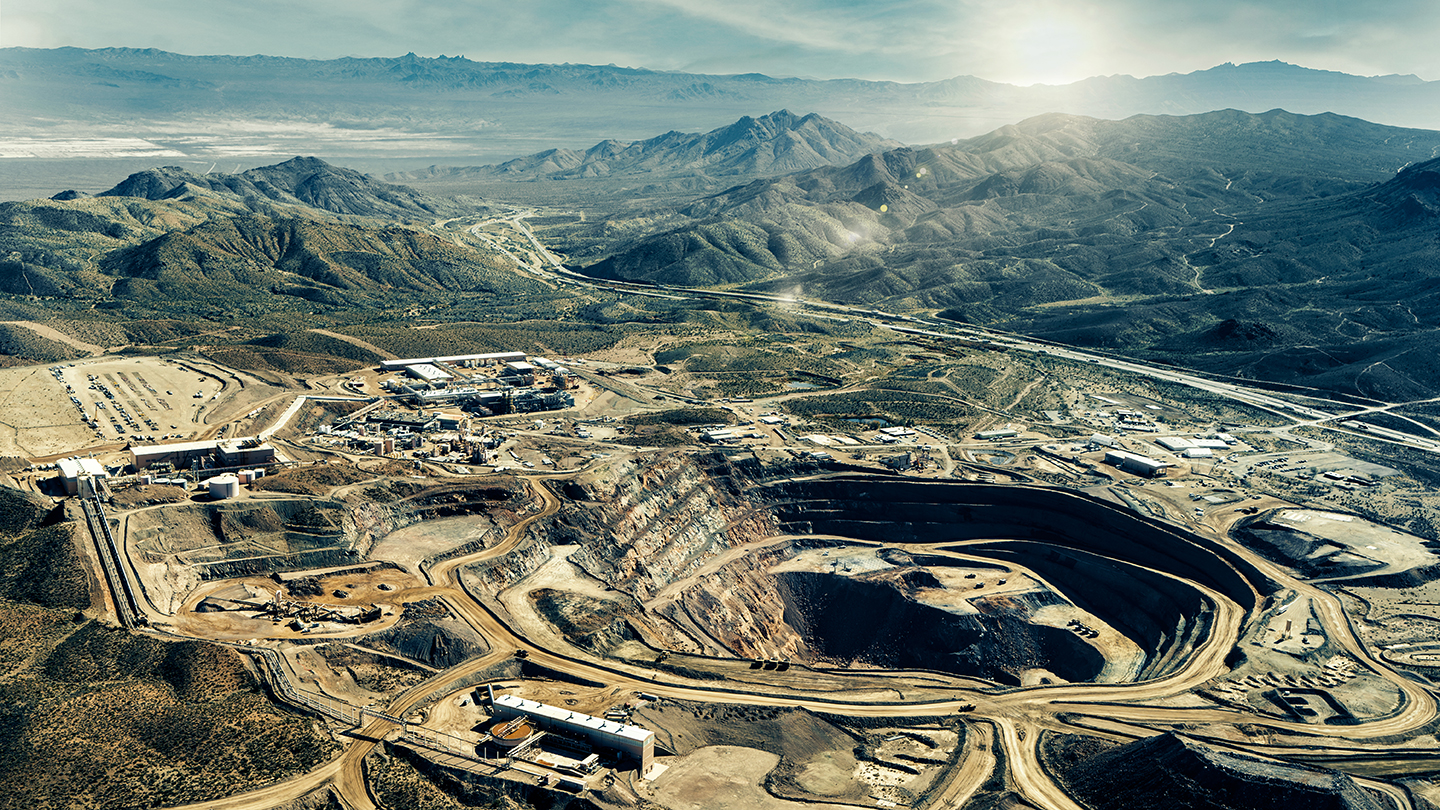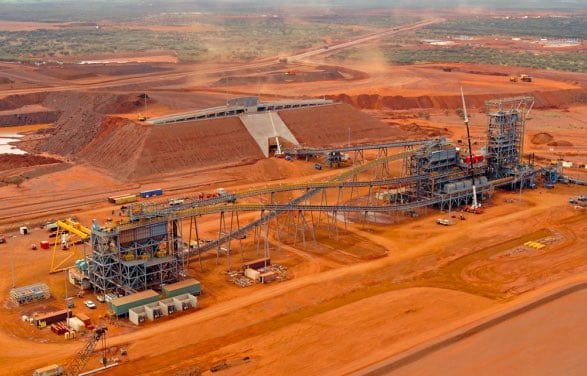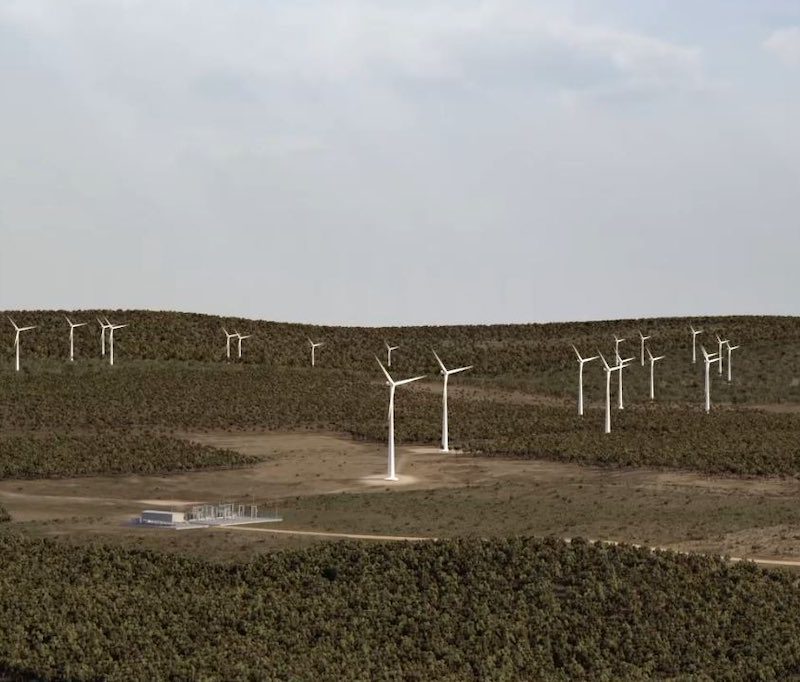- The Rembis Report and Other Fascinating Topics
- Posts
- The Rembis Report and Other Fascinating Topics - Volume XCI
The Rembis Report and Other Fascinating Topics - Volume XCI
The Road To The Brink Of Oblivion - Part III

This newsletter is the third of six weekly editions as we count down to Earth Day. This series focus is on recycling, fossil fuels, mining, pollution, climate change, and the existential threat of annihilation as the result of war. If you are just tuning in please click these links to read Parts I & II and get caught up.
I am experiencing an internet outage.
I mean, I was when I wrote this. If you are receiving this dispatch delivered to your email on early Sunday morning, then it means that everyone’s internet is back up and running.
I did not lose power, just internet. And phone. I am currently disconnected from the world at large. I can still type into a Word document, but I can’t get news right now. No streaming music. But I have not tried my cell phone. I might be able to get internet there, but the screen is difficult to read, so poor is my eyesight. Tiny screen are not for me.
But I can sit and think about the vast world beyond my office. Or I can go out there and see something up close and personal. I can ride my bike, take a walk, snap some photos.
Or I can sit here and ramble, which I enjoy.
It is particularly quiet. Only the drone of the air conditioner and a fan. Windows are airtight. I hear no birds.
Yet, I yearn for knowledge. There are things I want to look up. I want to find out more about the mining industry. In my last report I cited the rationale of wind energy versus oil. The report was met with criticism about windfarms and their detriments. The biggest complaint was that people would rather see a refinery than acres of windmills. That windmills make people sick. This surprised me. I could not imagine how and found no evidentiary study to support this, but there are many factions actively lobbying against wind energy all over the world.
The blog wind turbine dangers – STOP THESE THINGS is dedicated to pointing out every single disaster associated with any wind turbine in the world that has suffered an industrial accident. Besides exploding from poor maintenance and crashing down to the ground, opponents cite extreme noise pollution. General Electric to the rescue with a handy chart to show you the realities of how loud a wind turbine truly is.

Another big worry is that windmills kill so many birds that they will all go extinct. Birds will go extinct some day, everything will, but not from windmills. When the internet came back online I rushed to research bird mortality rates and found that windfarms do indeed kill birds, but the statistics overwhelmingly blamed cats for bird deaths (in the USA). When compared to everything else that kills birds, wind turbines always ranked near the bottom of the list. One survey found that even hunting kills more birds than wind turbines, but that study was done in 2003. The charts below show statistics from the US Fish & Wildlife Service from 2017-2022

US Fish & Wildlife Service 2017

Nature, US Fish & Wildlife Service 2018

US Fish & Wildlife Service 2022
Critics also cite an unusual instance of illnesses due to windfarms. There are no conclusive studies that prove that windmills cause any specific maladies, but anybody who considers windmills an eyesore may be susceptible to Wind Turbine Syndrome, a psychosomatic belief that blames windmills for illness.
My friend Evan Hadfield, who travels the globe and documents the cultures and history of the places he visits on his YouTube channel Rare Earth, brings us this report which explains Wind Turbine Syndrome so that you can completely understand it.
Some wind energy naysayers complained about components being made by child labor in China. Why they want to take jobs away from kids in China, I don’t know, but if that is an issue, don’t buy anything from there and hire adults to make components right here in the USA. If they will work on oil rigs, they will make parts for windmills. A job is a job is a job.
Then there is the argument about mining for the rare earth elements Neodymium, Praseodymium, and Dysprosium to build the magnets for the turbines. The big problem with this is that these minerals require chemical leaching to remove them from ore and mining them creates toxic lakes and destroys other natural habitats. There are a lot of mines destroying land in China right now, but not to worry, they found a lot of these same elements in the Bitterroot range in Montana where they plan to mine and damage American soil and waterways instead.
Rare earth mineral mining is dangerous for everything around it. This does poison the environment, yet the desire for energy - clean energy - is dependent upon these materials. How do we save the planet without destroying it first?
My stance on mining is that while it is a means to an end, and it can cause pollution, it should not have to. The separation processes used now are not good. Clean energy isn’t clean when it poisons the land, air, and water.
There must be ways to mine without poison. More science needs to be done to find that solution. Instead of chemistry, maybe physics holds the key, some heating and cooling process to separate the elements that we do not yet understand, that won’t have, or will have less harmful side effects.
I hope somebody figures it out. As much as I like windmills, and would love to think that my TV is powered by the wind, I don’t like what it takes to get there.
Maybe we will. Look at this Australian company who has found a way to separate iron ore electrochemically, instead of using hydrogen. This is huge.
If they can do that with a basic element like iron, they can probably find a way to do it with rare earth elements. Let’s hope so.
The problem is not that it is costly, but that humanity struggles with paying more for anything. People are cheap. So are corporations. If they invest, they want a profit, and they want it ASAP. So, I see this as one of those cases where cost and profit should not be an issue, and if it is, then big government should step into the business of mining. Oversight from the beginning and working as a nonprofit would naturally create the lowest possible cost. Then, anyone buying components for batteries, windmills, and solar cells would be able to pass their savings along to the consumer. But thinking this way would require an absolute sea change in society. Scientific and economic forces would have to merge to show everyone that what is good for the planet is good for you, too.
That is a hard sell. Mostly because so many people fear big government. Yet, if done right with proper intent there is nothing to fear.
There is more progressively good news coming out of Australia. The state of Queensland, which encompasses the Northeast corner of the country with over 5 million residents, is phasing out coal powered electricity altogether and expects to be coal free by the mid 2030’s. They will only use windmills, solar, and geothermal.
The power grid in Queensland is state owned. The rest of the world should take note of Australia’s good example and follow it. They have adopted a mindset like What is good for Australia is good for me.
Because if the rest of the world does not adopt the concept that What is good for the world is good for me, then the road to the brink of oblivion will not have any speed bumps. Sure, there are curves to slow us down, like environmental lobbies fighting for the futures of little parcels of land here and there, people doing what they can to support endangered species, and groups dedicated to cleaning the ocean or rivers or lakes, but man, the asphalt on the road is smooth and solid and it is begging for you to hit the gas. No potholes. No speed limit.
Thanks for reading.
If you are new to the Rembis Report and would like to read any of the previous issues, PLEASE CLICK HERE to access the archives. To read it from the beginning, PLEASE GET A COPY of The Rembis Report: An Observation.
Click here to read The Road To The Brink Of Oblivion - Part IV



